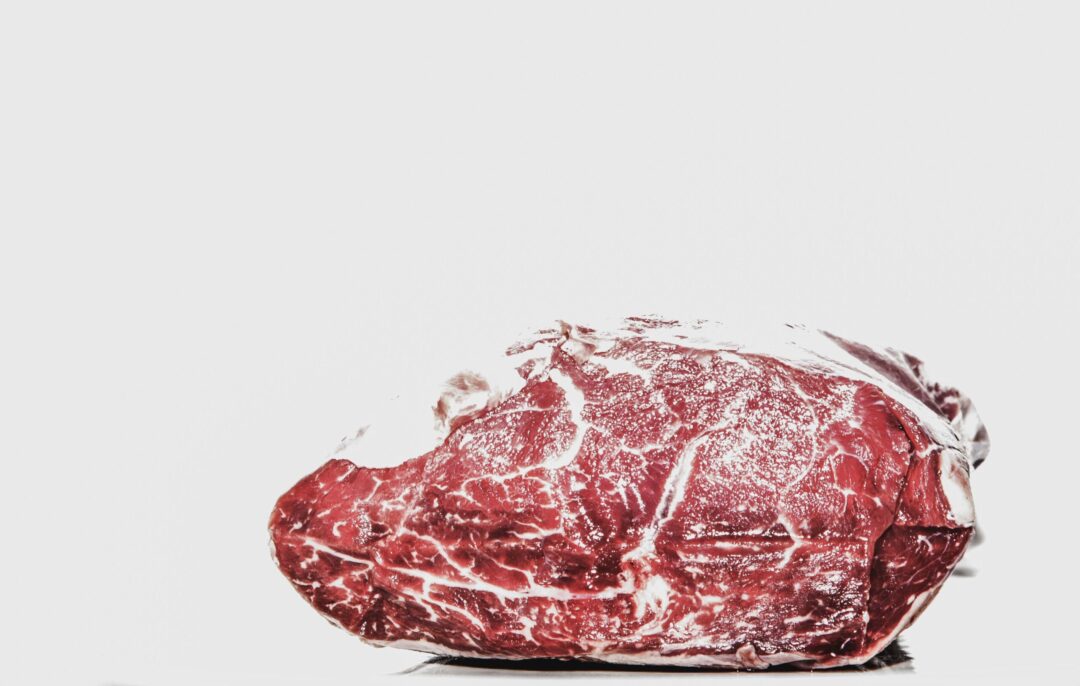When I was in college, my Intro to Creative Writing teacher brought in a list of iconic first lines from books. As an aspiring writer, I remember being enthralled by the list, amazed at the different feelings a single line could stir up in a reader. Confession: I spent the rest of that semester systematically checking out every book on that list from the library. A few of those books are still some of my all-time favorites today.
For as challenging as that first line can be though, writing a breathtaking final line is perhaps even more difficult yet just as important. (Hell, just ask Stephen King.) When it comes to last lines, Agustina Bazterrica’s Tender Is the Flesh is as perfect as it gets. The whole novel blew me away, but that last line hit me like a hammer to the solar plexus. I’ve spent the two years since recommending it to all my horror-loving friends because Tender Is the Flesh is not a book to be read in solitude. The moment you finish that final page, you WILL want to talk about it.
Set in a bleak dystopian future, Bazterrica’s novel portrays a society that may or may not — the author leaves this part ambiguous — have been ravaged by a mysterious virus that has rendered animals unfit for human consumption. Because mass vegetarianism is apparently unthinkable, cannibalism becomes an accepted practice (known as “the Transition”) sanctioned by the government. We’re not talking about the stalk-and-murder Hannibal Lecter type of cannibalism here, though. I mean humans — referred to as “head” or “special meat” — are literally bred and killed using the same methods as today’s meatpacking plants. The human specimens are even given different “grades” based on their perceived purity.
Marcos, the novel’s protagonist, works for a plant that prepares the head for slaughter. Early on, Marcos elicits our sympathy when we learn he is grieving the death of his son and separation from his equally grief-ridden wife as he watches his father descend further and further into dementia. Perhaps because of the ever-pervasive sadness that darkens his day-to-day, Marcos is able to dissociate from the ethical implications of his job or at the very least view his role through a different lens than the role of his friend who stuns the “special meat” with a hammer before the poor souls have time to register fear.
In the book’s opening, Marcos describes the processes of both ridding the world of “diseased” animals and preparing humans for slaughter in the absence of traditional meat with the type of clinical detachment that tells you this “virus” has been around for long enough to lose its initial shock factor. (As this novel was released in 2020, connections can be made to how the world at large adapted — or in some cases, refused to adapt — to the spread of COVID-19.) Bazterrica is careful to introduce Marcos as a morally neutral but necessary part of the human cattle farming process. Marcos makes sure the reader knows he doesn’t do the killing; he is simply the middle man who transports and sells the product. Everything we think we know about Marcos is upended though when the owner of a breeding center gifts him a First Generation Pure female head (FGPs being humans that were bred, born and raised in the slaughterhouse specifically for the purpose of being eaten).
At first, Marcos talks about his new specimen using the type of clinical language he uses to describe the head he prepares for slaughter in the early chapters. His initial interactions with her resemble those between pet owner and pet. One of the first scenes between Marcos and the female victim takes place in a barn. Marcos hoses mud from the nubile woman’s filthy, naked body while running through a mental list of potential fates he can inflict on her. He does not attempt to communicate with her because words would have no use; part of the human meat preparation process involves severing the vocal cords.
His feelings about her circumstances (as well as the circumstances of the Transition at large) appear to change, however, as he gives more thought to his responsibility for his FGP’s life. Despite strict laws against treating the head as human beings — especially as it relates to romantic or sexual encounters — Marcos begins to develop a closeness with his specimen. He names her Jasmine because her natural scent reminds him of jasmine flowers. His growing fondness for Jasmine seems to awaken Marcos to the horrors of society’s indifference to suffering. As the novel progresses, Marcos begins to identify with the victims of the Transition, especially the animal victims. His mental detachment from the process shifts to pity and revulsion as he witnesses the way his sister carves up her domestic head one slice at a time, telling Marcos she read up on how to make the meat last.
On its surface, Tender is the Flesh is a cautionary tale about human indifference towards animal cruelty. Yet on a deeper level, Bazterrica’s dystopian masterpiece is a meditation on grief and how far a parent will go to fill the void left by the death of a child. The choice of third person narration works to distance the reader from the subject matter enough to make some of the horrors within its pages more palatable, but even the book’s most visceral descriptions of dehumanization do little to desensitize readers to the devastatingly bleak ending. To say anything more would be to spoil an ending most won’t see coming (at least I didn’t see it coming!), so I’ll stop here and let a statement Marcos makes early in the book speak for itself: “One can get used to almost anything, except the death of a child.”





0 Comments